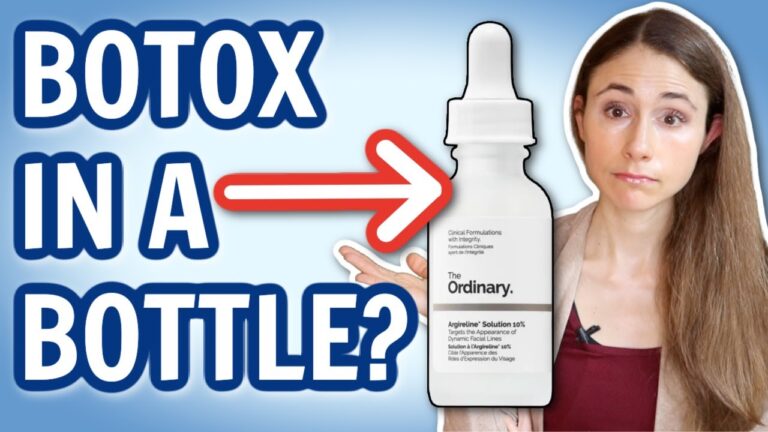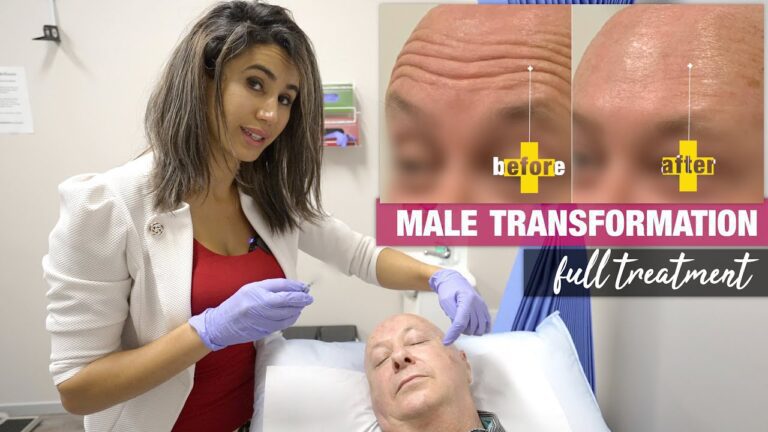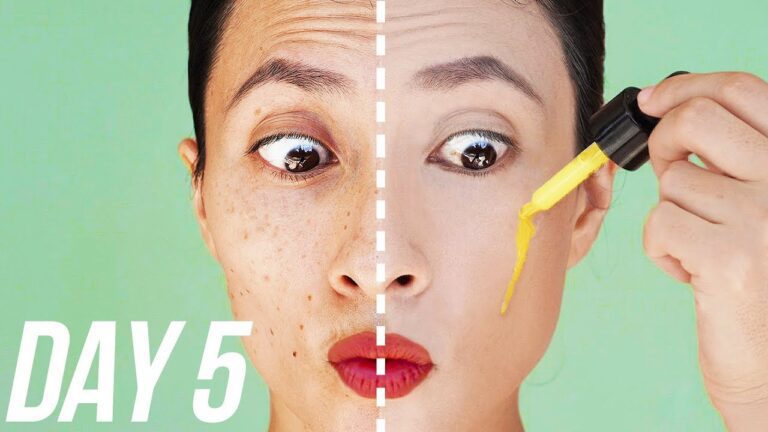Discover the Benefits of Resveratrol: The Anti-Aging Secret You Need to Know
Resveratrol is a polyphenol that is found in many plants, including grapes and red wine. It has been widely studied for its potential health benefits, and there is a growing body of evidence that suggests it may have some promising therapeutic effects. In this article, we will explore some of the potential benefits of resveratrol and the research that supports them.
One of the most promising areas of research on resveratrol is its potential anti-oxidant and anti-inflammatory effects. In laboratory studies, resveratrol has been shown to reduce oxidative stress and inflammation in cell cultures and animal models. This has led some researchers to believe that it may have potential as a treatment for a variety of conditions related to inflammation and oxidative stress. However, it is important to note that most of the studies conducted so far have been done in vitro or in animal models, and more research is needed to fully understand the potential benefits of resveratrol for human health.
Another potential health benefit of resveratrol is its ability to improve cardiovascular health. Resveratrol has been shown to have a number of positive effects on the cardiovascular system, including reducing blood pressure, improving lipid profiles, and reducing inflammation. Additionally, some studies have found that resveratrol may have potential benefits for people with heart disease. For example, one study found that resveratrol supplementation reduced the risk of coronary heart disease in patients with metabolic syndrome.
In addition to its potential cardiovascular benefits, resveratrol has also been studied for its potential anti-cancer effects. Some studies have suggested that resveratrol may help prevent cancer by reducing oxidative stress and inflammation and by inhibiting the growth of cancer cells. However, the evidence on the anti-cancer effects of resveratrol is still limited, and more research is needed before any definitive conclusions can be drawn.
Overall, there is promising evidence to suggest that resveratrol may have a number of potential health benefits. However, it is important to note that most of the studies conducted so far have been done in vitro or in animal models, and more research is needed to fully understand the potential benefits of resveratrol for human health.
Example products containing resveratrol:
– Reserveage Nutrition Resveratrol: This supplement contains a blend of resveratrol, red wine extract, and other polyphenols.
– Nature’s Answer Resveratrol: This supplement contains a high potency resveratrol extract.
– Life Extension Optimized Resveratrol: This supplement contains a combination of resveratrol and other polyphenols, including quercetin and trans-pterostilbene.
How to incorporate resveratrol into your diet?
If you are interested in incorporating resveratrol into your diet, there are a number of food sources that contain this compound. Some of the best dietary sources of resveratrol include red grapes, red wine, peanuts, and berries. However, it is important to note that the amount of resveratrol in these foods can vary widely depending on a number of factors, including the growing conditions and processing methods.
Alternatively, you may choose to take a resveratrol supplement to ensure that you are getting a consistent and reliable dose of this compound. When selecting a resveratrol supplement, it is important to choose a high-quality product from a reputable manufacturer.
Precautions and potential side effects of resveratrol
While resveratrol is generally considered safe for most people when taken in moderate doses, there are some potential side effects that you should be aware of. Some people may experience stomach upset or digestive issues when taking resveratrol supplements, and there is some evidence to suggest that high doses of resveratrol may have negative effects on the liver or kidneys.
Additionally, resveratrol may interact with certain medications, including blood thinners and nonsteroidal anti-inflammatory drugs (NSAIDs). If you are taking any medications, it is important to talk to your healthcare provider before taking a resveratrol supplement to ensure that it is safe for you.
Conclusion
Resveratrol is a compound that may have a number of potential health benefits, including anti-oxidant, anti-inflammatory, cardiovascular, and anti-cancer effects. While most of the studies conducted so far have been done in vitro or in animal models, there is promising evidence to suggest that resveratrol could be a useful therapeutic agent. If you are interested in incorporating resveratrol into your diet, be sure to choose a high-quality supplement and talk to your healthcare provider first if you are taking any medications.
Contents
Most searched products:
Does Sephora Support Israel? Answering Your Questions
The Ultimate Guide to Azealic Acid: Benefits, Uses, and Side Effects
How Long Does Glycolic Acid Take to Show Results: Your Ultimate Guide
Discover the Benefits of The Ordinary Botox for Your Skin
The Ultimate Reviews of The Ordinary Peeling Solution
The Ultimate Guide to The Ordinary Colours Foundation: Reviews, Swatches, and Tips
The Perfect Order: When to Use Retinol and Niacinamide in Your Skincare Routine
Unlock the Power of Hyaluronic: Benefits, Uses, and Top Products
Say Goodbye to B.O with Glycolic Acid Deodorant: The Secret to Long-Lasting Freshness
Unlock Smooth and Supple Skin: Discover the Best Skincare Products for Skin Suppleness












